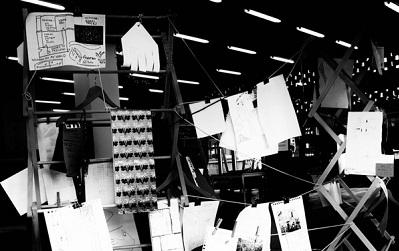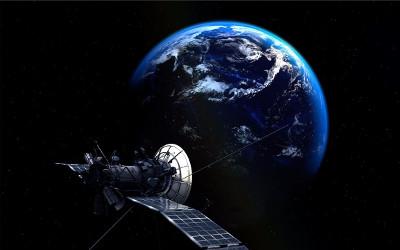Day 116, Year of #Mygration: The Afghan Camera Box

Today’s blog comes from Raktim Ray, PhD candidate at The Open University, reflecting on the day he spent at the Tate Exchange – Who Are We? project. His research focuses on urban resistance and postcolonial urbanism.
Stories of displacement often oscillate between becoming everybody or becoming everything. Continuous displacement of artefacts, body and memories transcend spatial boundaries where space gradually becomes another displaced medium. Being continuously a ‘displaced’ person myself, I have frequently revisited and engaged with this notion of displaced identity. A recent visit to the Tate Exchange Who are we? project provoked the need to reflect on this again.
I grew up in Kolkata, India, where I lived for more than twenty years but was ‘displaced’ from the city to undertake both academic and professional activities. I have intermittently been back over the years but currently find myself in Kolkata as part of my PhD research. Every time I visit I have to negotiate my differential positions.
“How to tell a shattered story? By slowly becoming everybody. No. By slowly becoming everything”.
Arundhuti Roy
The Ministry of Utmost Happiness
The Who are we? project, has attempted to focus this differential positionality from various vantage points. With a broad theme of ‘migration’, the program explored various associated sub-themes of race, identity, belonging, social justice and mobility through different forms of artistic expressions and panel discussions.
The installation workshop by photographer Farhad Berahman showcased how multiple memories transverse across borders. The ‘Afghan Camera Box,’ itself a ‘displaced’ object, captures portraits of human emotions which are entangled with the idea of ‘home’ and continuous displacement from it. The photo journey was also an embodied experience of self and the engagement with the materiality of image production. Together the portraits have configured collective memories where the self gradually became everybody.
A panel discussion focused on ‘City design for Diversity’ critically engaging with the land politics of design, gentrification and racial segregation of London. The discussion frequently revisited migration as a thematic area to illustrate the discourse of inclusive planning. The panel also highlighted examples from participatory neighbourhood planning. However, it lacked a critique of different dynamics that are associated with land politics.
The installation Are We Data? takes us beyond the corporeal experience of the space and the city. This data visualisation helps us to defamiliarize with place making where data becomes a spatial metaphor that leads us to cyborg politics of the city. The installation connects us to a non-linear and complex pattern of identity which is represented by big data and cybernetics and the representation of cyborg identity also destabilises our perception of identity as an embodied experience.
The installation of ‘Floor Plans (journeys from there to here)’ expands the domain of art as a collaborative expression. This installation enables us to revisit our memories of space and entangled practices associated with that. Through this installation, built environment becomes a connector to everyday experiences, memories and formation of identities. The varied geohistories of self-displacement continuously push the idea of home as a displaced territory and an attempt to recreate that spatial identity at multiple sites.
The Who Are We? program was a portrayal of multiple subjectivities that are associated with migration and displacement. It has done that by involving eclectic expressions of data visualisation, artefacts and performances. My day long visit continuously forced me to look beyond the dystopian narrative of displaced identity. At this juncture, my displaced identity provoked me to see past the parochial narrative of migration and engaging with these multiple expressions, I gradually become everything in that space.
Quarterly Review of Research
Read our Quarterly Review of Research to learn about our latest quality academic output.

Contact our news team
For all out of hours enquiries, please telephone +44 (0)7901 515891
News & articles
- Shaping a sustainable future – the power of Open Research 24th April 2024
- New research into Pompeii to be revealed by OU/BBC co-production 12th April 2024
- OU research among UK funding boost for international space projects 8th April 2024
